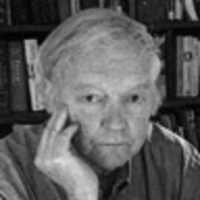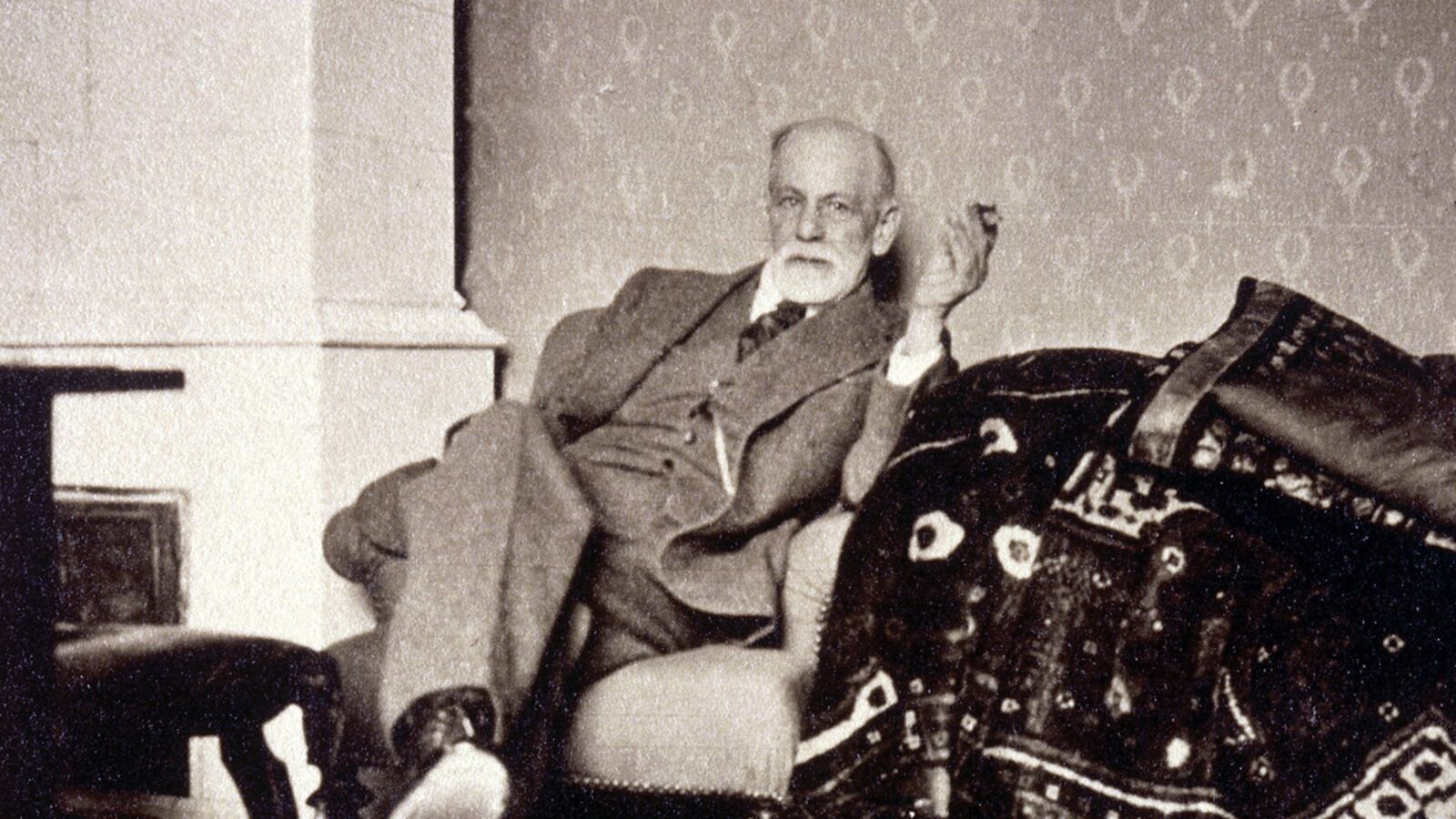This is the book that Sigmund Freud didn’t want you to read. It was written by one of Freud’s most faithful and dogged Viennese followers, Isidor Sadger. So great and effective was the opposition of Freud and his intimates, however, that the book never appeared in public view. Historical scholarship had it that the book was never published. Historical legend had it that the book was published, sometime in the early 1930s, but that Freud’s cronies somehow managed to buy up every copy.
Any way you looked at it, this is the book that appeared not to exist.
Except it did exist. And now, astonishingly, one can read it—80 years later.
The story behind the discovery of an actual copy of Sadger’s Recollecting Freud is as odd as the story of its suppression. Alan Dundes, a professor of anthropology and folklore at Berkeley, spotted the title in a bibliography of Sadger’s work. Out of curiosity, and apparently in total innocence, Dundes put in a request on interlibrary loan. Nothing. So he expanded the search to international library loan, and lo and behold, Keio University in Tokyo admitted to having a copy. In the wake of Dundes’s discovery, Leo Lensing of the Times Literary Supplement found a second copy in an archive at the Israeli National Library, and a lovingly prepared German edition, edited and annotated by Andrea Huppke and Michael Schröter, followed in short order.

The excitement of having this time capsule in one’s hands is tempered by apprehension about the author. Up until now, history has not been kind to Herr Doktor Sadger. His favorite topics—anal-eroticism, homosexuality, sadomasochism, and hereditary taint—were once clinical meat and potatoes, but his talks were so poorly organized and so rudely presented that the surviving Minutes of the Vienna Psychoanalytic Society are full of rebukes in his direction—as are Freud’s letters. And yet Sadger persisted, this neurologist with a specialty in hydropathy turned psychoanalyst. Freud commented about him to Jung, in connection with the official Yearbook, which Jung edited: “Sadger’s writing is insufferable, he would only mess up our nice book.”
Sadger’s memoir, however, is oddly artful. The deeper I go into it, the more I can feel the intensity of the early excitement within the psychoanalytic movement in Vienna—before politics took over. I can also feel the depth of Sadger’s resentment at having been asked repeatedly to move down at Freud’s table, while younger men, and gentiles, took seats closer to the master. Full of literary quotations and crotchets, Recollecting Freud reads almost like an experimental novel, perfect in its internal predicament. (And the manifestly clumsy translation seems likes an extra flourish, as though this is how history would inevitably treat such an author).
Sadger the memoirist is a man with a great problem that cannot be solved. His whole claim to distinction rests upon his having been a charter member of Freud’s circle. Indeed, he is still all aglow at the recollection of Freud’s lectures from the 1890s. He is aglow, too, remembering Freud presiding over the Vienna Society. The admiration comes tumbling out, even as Sadger eventually recalls an occasion when Freud effectively silenced, not to say humiliated, an upstart. And then another occasion, more obvious in its import. And now Sadger begins to talk directly about Freud’s “sadism.” The same halting devolution into resentment occurs with each new facet of Freud’s character—one short slash at a time, followed by backtracking. The mounting tension is impossible for the attentive reader to ignore, as each fresh cut weakens the limb that Sadger himself rests on emotionally.

How to get out of such a bind? Ultimately Sadger finds something more important than psychoanalysis to solidify his point of view: Judaism. Amid other accruing recriminations, Recollecting Freud takes up Freud’s manifest, and in a crucial instance, organizationally decisive ambivalence toward his Viennese co-religionists. Freud did not want to be Jewish; he wanted to be German, says Sadger. And here Sadger won’t follow. This is not Freud-bashing. This is where Sadger gets off the train.
For the record: allowing for the author’s animus, the portrait of Freud and his early milieu is apt. Also for the record: it is still not clear how the book managed to disappear for so long. Regardless, the memoir demands attention, not to say involvement. Sadger’s problem is our problem: we want to believe that Sigmund Freud was a better man than he was, and we want to accept what was valuable as the free gift of genius, not some artful combination of talents in the service of a very special set of ambitions.






